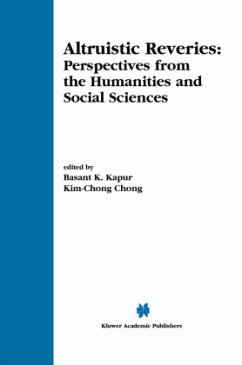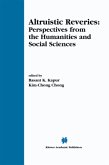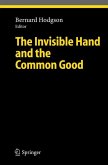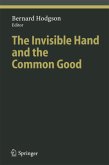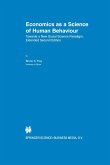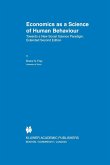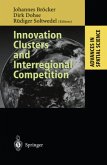Altruistic Reveries is a unique volume, which arises out of an Interdisciplinary Conference on Perspectives on Altruism from the Humanities and Social Sciences organized by the Centre for Advanced Studies, Faculty of Arts and Social Sciences, National University of Singapore, in October 1999. Altruism is a deep, multi-faceted phenomenon, of great interest and relevance to scholars across the entire range of disciplines in the Humanities and Social Sciences. The Centre therefore brought together experts in diverse disciplines - Philosophy, Literature, Psychology, Sociology, Economics, and Political science - to examine and discuss the significance and role of altruism from their respective perspectives. A total of 10 papers in all were presented, and the volume is completed by an Introduction by the editors, and a final Concluding Chapter by one of the editors.
Among the issues discussed are: the efficacy of motivational altruism in the resolution of public issues; the genetic origins of altruism and its attendant risks; the metaphysical basis of altruism; empathy and altruism; altruism or social exchange; altruism in wartime; and the welfare state. A notable feature of the volume is that the various authors have not `talked past' one another. Although each is a specialist in his field, the papers are accessible to those in other fields, and to non-specialists. Both individually and together, they provide a rich set of insights and perspectives on altruism as a fundamental human and social phenomenon, which will edify, interest, and stimulate all readers of the volume.
Among the issues discussed are: the efficacy of motivational altruism in the resolution of public issues; the genetic origins of altruism and its attendant risks; the metaphysical basis of altruism; empathy and altruism; altruism or social exchange; altruism in wartime; and the welfare state. A notable feature of the volume is that the various authors have not `talked past' one another. Although each is a specialist in his field, the papers are accessible to those in other fields, and to non-specialists. Both individually and together, they provide a rich set of insights and perspectives on altruism as a fundamental human and social phenomenon, which will edify, interest, and stimulate all readers of the volume.

